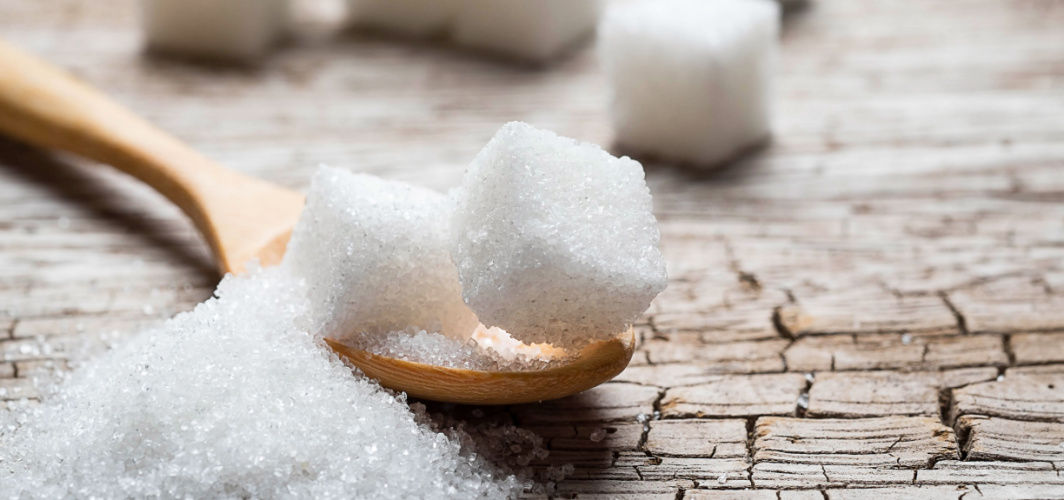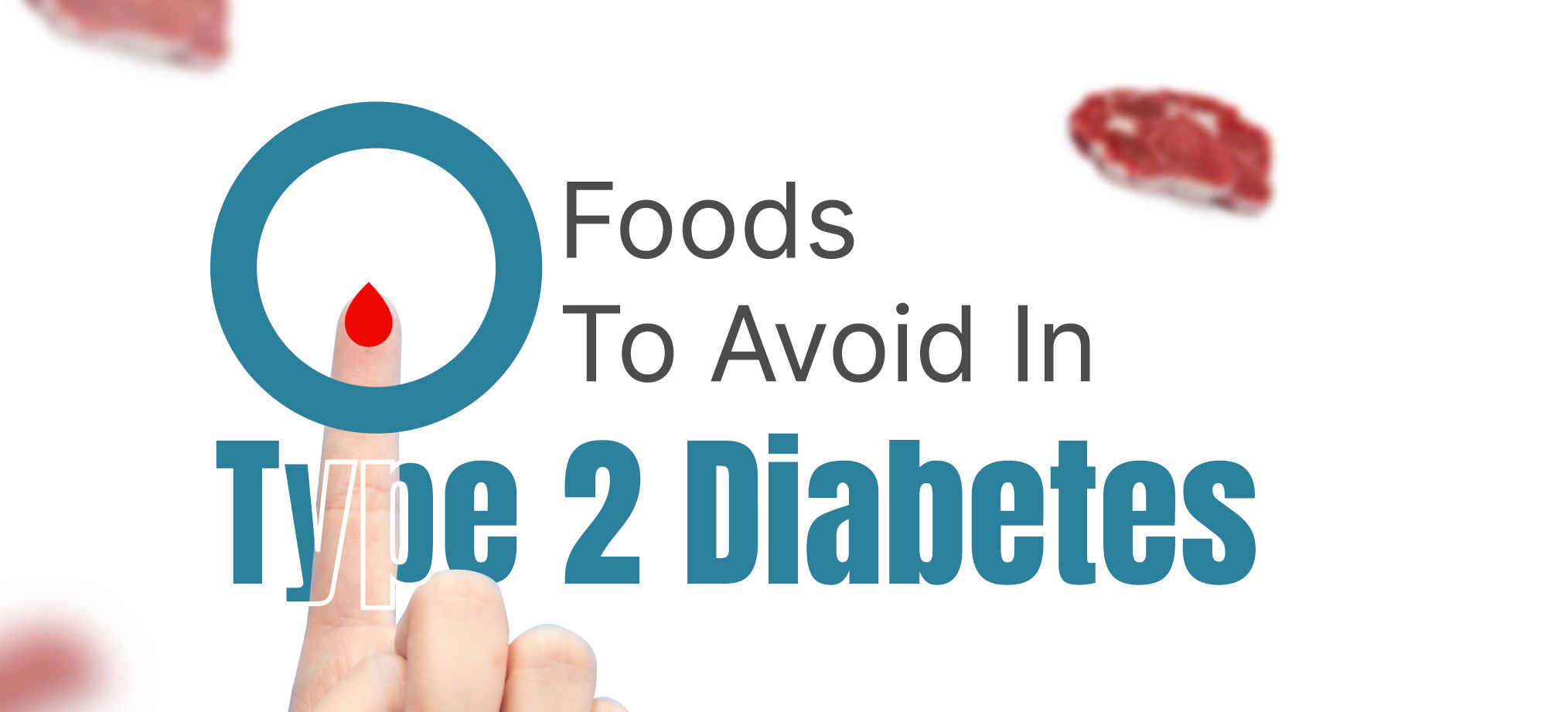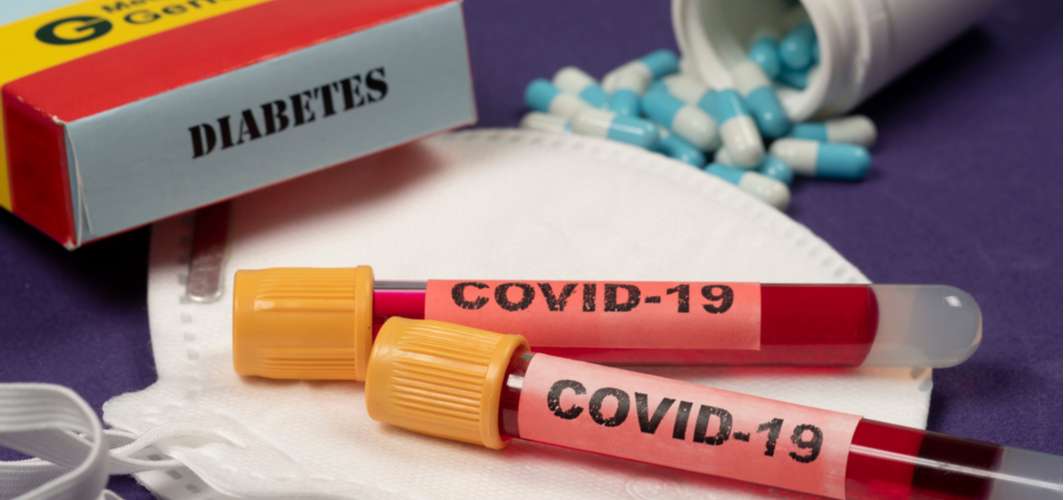Diabetes Management
Consuming Over 6 Teaspoons Of Sugar Daily Increases Your Risk For These Diseases
3 min read
By Apollo 24|7, Published on - 18 May 2023, Updated on - 04 September 2023
Share this article
0
1 like

Every food item we eat gets converted into glucose, a form of sugar. The human body requires glucose to perform all the minor to major functions, including digestion, blood circulation and even respiration (breathing). However, excessive consumption of sugary foods can cause this extra sugar to circulate in the bloodstream, resulting in numerous health problems. But how much sugar is too much? A recent study has discovered that consuming more than 6 teaspoons of sugar can have a severe impact on your health. In this article, we are going to discuss how added sugars can affect your body, the ways you can cut them down and their alternatives.
The Study
A review was recently conducted to evaluate the health outcomes of consuming dietary sugars. The review included 73 meta-analyses and over 8500 articles. A specific area of interest was the consumption of sugary beverages which are a major source of added sugar. The results of the study showed:
- Excessive consumption of sugary drinks leads to increased body weight.
- Drinking sugary beverages increases the risk of gout, coronary heart disease and all-cause mortality.
- Dietary sugar increases the risk of acquiring certain cancers including pancreatic, prostate and breast cancer.
- Consuming added sugar also leads to poor cardiovascular outcomes including hypertension, coronary heart disease, heart attack and stroke.
How Do You Subtract Sugar From Your Diet?
Now that we know the health effects of added sugar, let’s know how to reduce its consumption. Two easy ways of subtracting sugar from your diet include:
1. Reading product labels
Reading food labels is an easy way of monitoring the compounds that your body would have to process once you consume the product. Look for ‘sugars’ or ‘added sugars’ mentioned on the labels. The total amount of sugar is often mentioned in grams. Watch out if the sugar content has been mentioned on a per-serving basis or the overall package. For eg. if the product has 5g of sugar per serving then 4 servings of it can easily amount to 20g of sugar. Here are the types of sugar that you should look out for:
- Molasses
- Corn syrup
- Invert sugar
- Malt sugar
- Fruit juice concentrates
- Corn sweetener
- Sugar syrup molecules ending in ‘ose’ such as fructose, lactose, sucrose etc.
2. Switch to alternatives
There are plenty of alternatives to refined sugar that would give you the exact sweetness without any health complications. Some of the most popular sugar substitutes include:
- Raw honey
- Dates
- Banana puree
- Monk fruit
Fruits are also a healthy source of glucose and can provide your body with added nutrients. However, one must remember, sugar (in any form) must be consumed in moderation.
Reducing the consumption of added sugars to the minimum and replacing them with natural substitutes can help reduce your risk of developing the aforementioned health issues. For more information,
Consult An Apollo Diabetologist
Medically reviewed by Dr Sonia Bhatt.
Diabetes Management
Consult Top Diabetologists
View AllLeave Comment
Recommended for you

Diabetes Management
These Foods Can Increase Your Risk Of Diabetes
Nitrates and nitrites in processed foods may increase the risk of type 2 diabetes. It is important to avoid foods containing nitrates and have a balanced diet that is low in refined carbohydrates, high in fibre and rich in nutrients.

Diabetes Management
How Many Steps Should You Walk to Manage Your Diabetes?
Walking is a valuable tool for managing diabetes, improving insulin sensitivity, controlling blood sugar, aiding weight management, and enhancing heart health. While the ideal step count varies among individuals, aiming for 150 minutes of moderate-intensity aerobic activity per week is a common guideline. The popular "10,000 steps" target is beneficial but not mandatory. It's essential to personalise your approach based on factors like age, fitness level, and diabetes type. Consult with a healthcare provider for individualised step goals, start gradually, monitor blood sugar, and prioritise safety to effectively leverage walking as part of your diabetes management plan.

Diabetes Management
Why is Controlling Diabetes Even More Important During the COVID-19 Pandemic?
The Coronavirus can infect anybody in the community, but the elderly and people with underlying conditions such as diabetes, heart conditions, lung disease, etc. are likely to be most severely ill if they contract the virus.
Subscribe
Sign up for our free Health Library Daily Newsletter
Get doctor-approved health tips, news, and more.
Visual Stories

8 Fruits That are Incredibly Healthy for Diabetes
Tap to continue exploring
Recommended for you

Diabetes Management
These Foods Can Increase Your Risk Of Diabetes
Nitrates and nitrites in processed foods may increase the risk of type 2 diabetes. It is important to avoid foods containing nitrates and have a balanced diet that is low in refined carbohydrates, high in fibre and rich in nutrients.

Diabetes Management
How Many Steps Should You Walk to Manage Your Diabetes?
Walking is a valuable tool for managing diabetes, improving insulin sensitivity, controlling blood sugar, aiding weight management, and enhancing heart health. While the ideal step count varies among individuals, aiming for 150 minutes of moderate-intensity aerobic activity per week is a common guideline. The popular "10,000 steps" target is beneficial but not mandatory. It's essential to personalise your approach based on factors like age, fitness level, and diabetes type. Consult with a healthcare provider for individualised step goals, start gradually, monitor blood sugar, and prioritise safety to effectively leverage walking as part of your diabetes management plan.

Diabetes Management
Why is Controlling Diabetes Even More Important During the COVID-19 Pandemic?
The Coronavirus can infect anybody in the community, but the elderly and people with underlying conditions such as diabetes, heart conditions, lung disease, etc. are likely to be most severely ill if they contract the virus.
